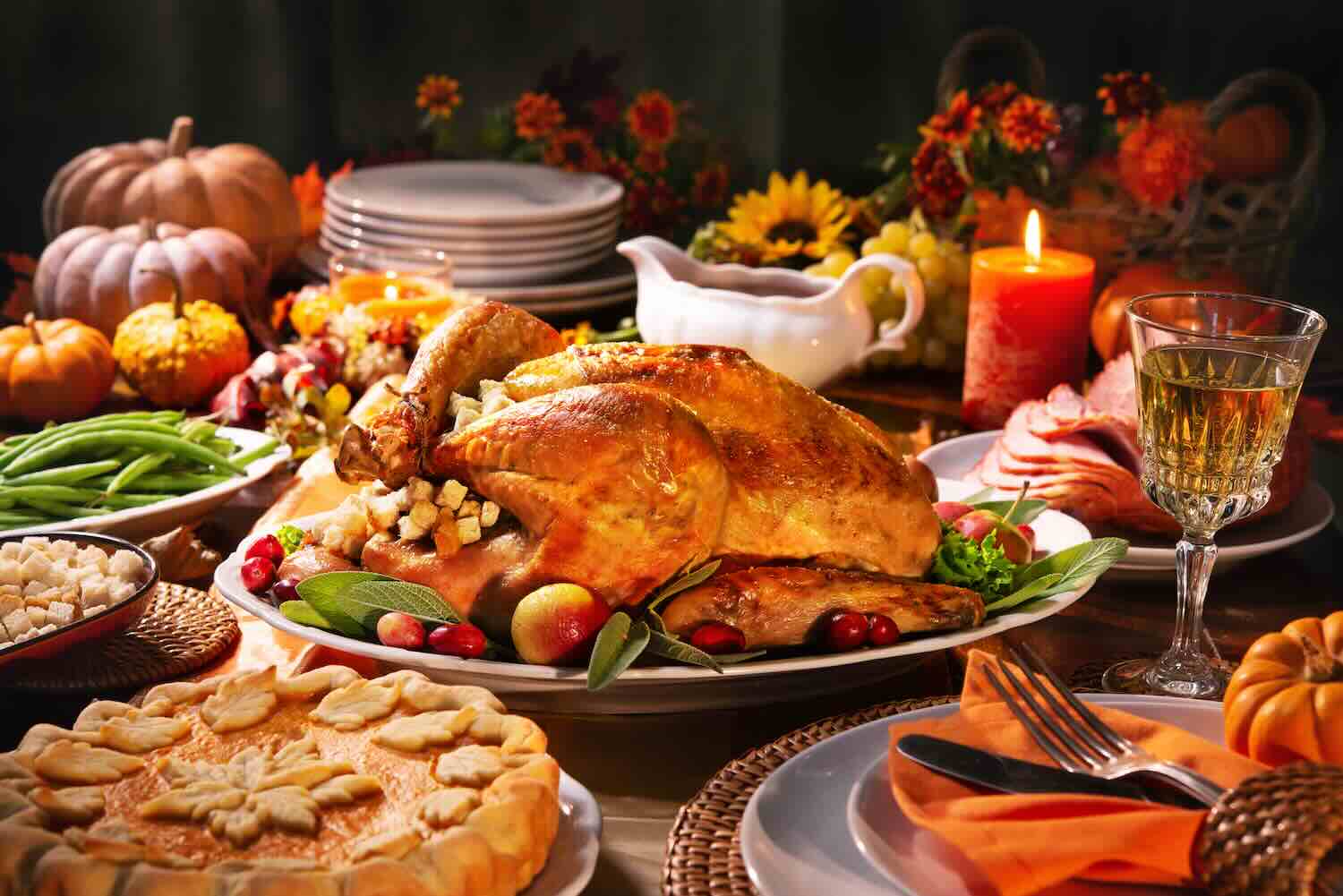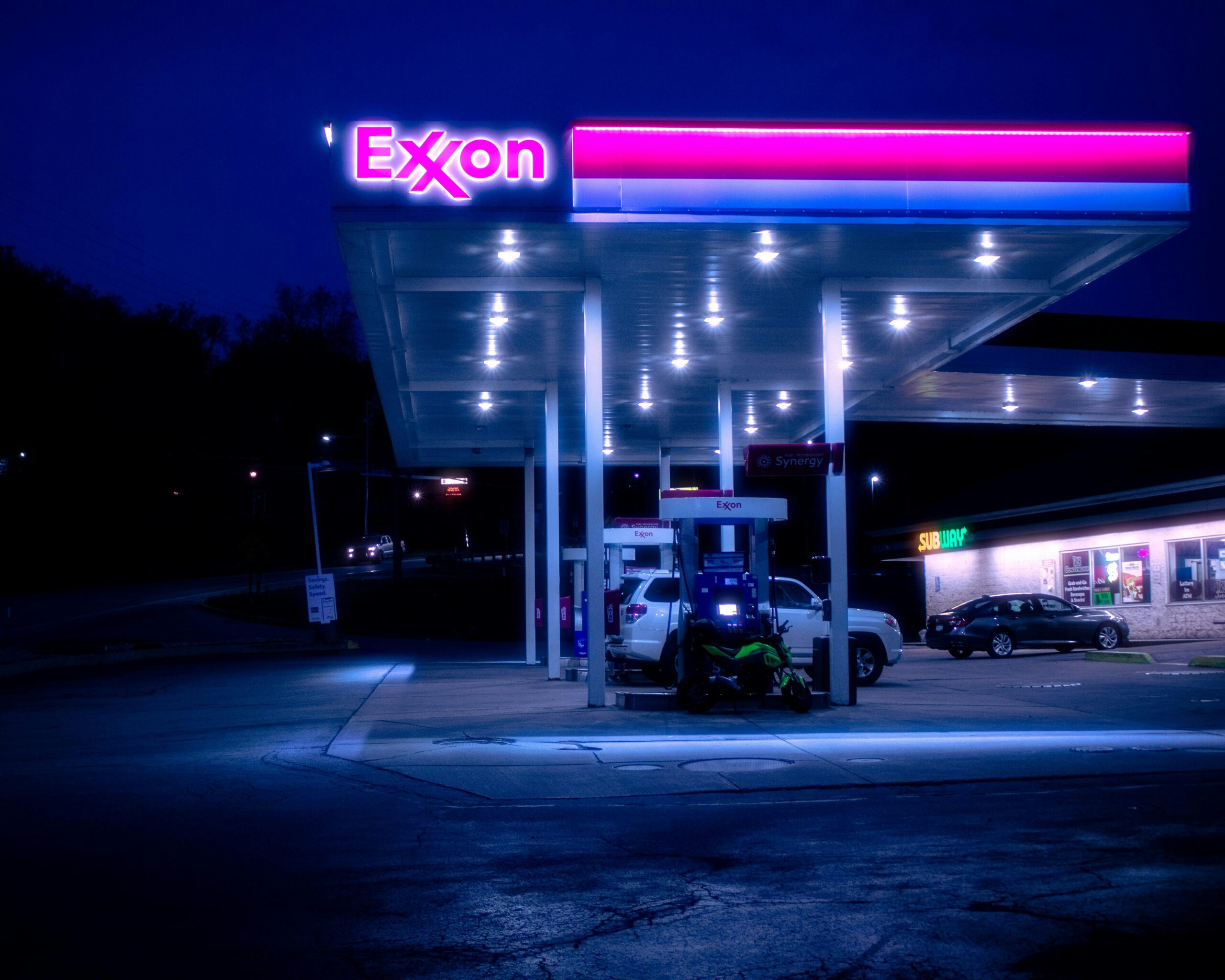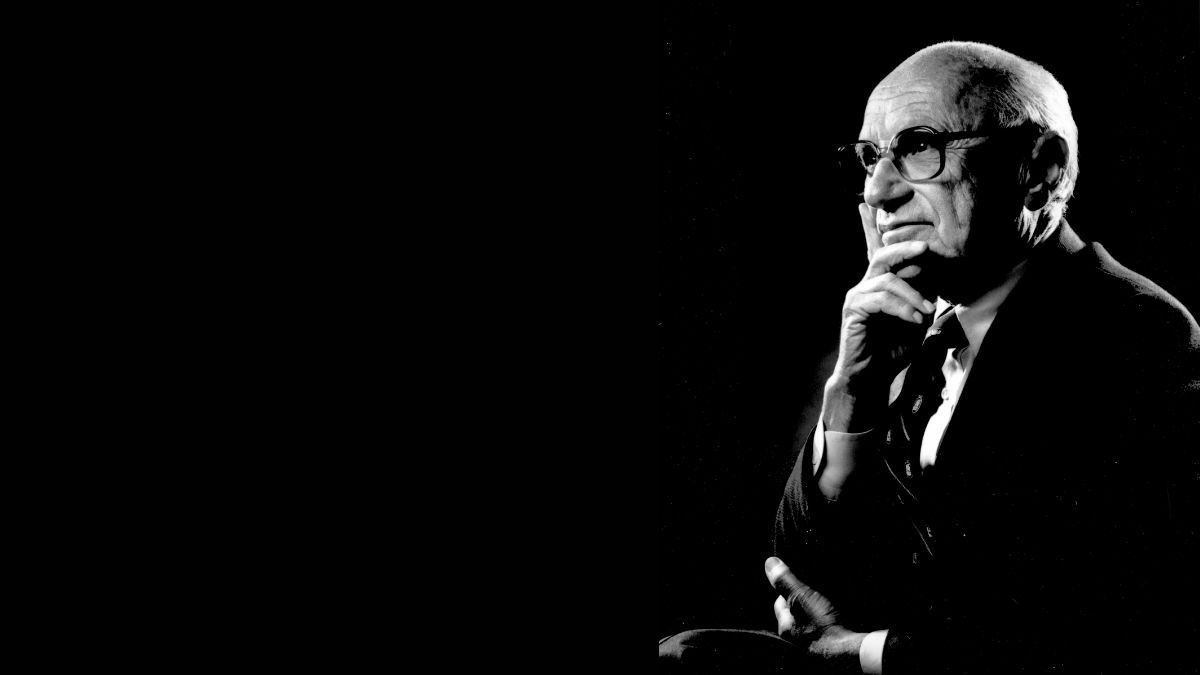We have many reasons to be grateful this year, but the price of Thanksgiving dinner isn’t one. As voters made abundantly clear, the cost of groceries remains unacceptable. One growing cause of food inflation is perhaps the most fixable and least talked about—the climate.
The Pilgrims that celebrated what became the first Thanksgiving were acutely aware of the connection between food and climate. Nearly half of them froze or starved to death the previous winter. It’s no wonder they were so thankful when the local Wampanoag people showed them how to grow food in that unforgiving climate.
I’m the CEO of a nonprofit that engages big public companies on behalf of shareholders and millions of Americans with retirement accounts. We compel executives to adapt business practices that maximize returns for shareholders and society.
Because most retirement funds are held in stock indexes, we think in terms of systems that impact the overall market—like food. From sustainable agriculture, clean energy, and workers rights, the decisions made in corporate boardrooms shape not just the future of our planet, but also what shows up on our plates today—and at what cost.
Among the biggest threats to the price of groceries is rapidly rising global temperatures triggering extreme weather events that wipe out crops and reduce the supply of basic foods.
While past changes in climate happened over centuries, today’s warming trend happened within years. The last nine years were the hottest in recorded history, each year warmer than the last, resulting in higher prices at the checkout stand. The planet is heating faster than the food industry can adapt. We call the incremental costs of human-caused climate change on consumer goods climate inflation.
Cooking the bird
This week’s turkey is a microcosm of today’s climate reality. Historic heat waves meant fewer turkeys reached markets. Farmers purchased cooling systems, which increased costs. Droughts and floods reduced yields for crops used to feed fowl. Extreme weather damaged farmland. And higher humidity created ideal conditions for the spread of avian influenza that decimated entire turkey farms.
Thanksgiving dinner is more expensive because of a hotter planet: cranberries, mashed potatoes, green beans, pumpkins, and just about every ingredient are impacted by global warming. All core food staples are now harder to grow and more expensive to ship, including foods we eat year round like rice, tomatoes, cheese, meat, seafood, wine. A heating planet took a shark bite out of family budgets and more food insecurity is expected.
Florida is struggling to produce oranges, Georgia’s peaches are going extinct, Spain lost olive oil harvests, France its champagne, and South American coffee and chocolate have had record low harvests. Not only is climate change making foods more expensive, some local delicacies are also going extinct.
One recent study found climate change could be responsible for up to 3% in food inflation per year by 2035, adding an additional 1% to inflation overall. Adding to the challenge, food production is the biggest contributor to rising emissions, and thus the rising cost of groceries.
When we engage big food companies, we ask hard questions: Are they investing in resiliency and sustainability to conserve critical resources? Are they factoring climate risks into their long-term strategies? Any company that ignores climate risks today will face higher costs that, as we’ve seen, get passed on to consumers.
You’ve likely heard that each of us can take individual actions to reduce the impacts of climate change. But the truth is that the large-scale solutions we need at this late stage must also come from corporations most responsible for planet-warming pollution— starting with fossil fuel companies. And while we’d like to think political leaders would protect our interests, the truth is that corporations tell them what to do. Only shareholders truly have the ear of these massive and powerful corporations because the board reports to us.
This Thanksgiving, as we give thanks for the food on our table, let’s also be grateful and conscious of the fragile systems that make that meal possible. If we want to preserve the foods and traditions we cherish, we must address climate change and hold companies accountable to create a future we can all afford.
_____________________________________________________________________________________
Andrew Behar is CEO of As You Sow, a non-profit leader in shareholder advocacy. Founded in 1992, As You Sow harnesses shareholder power to create lasting change and align investments with values.












